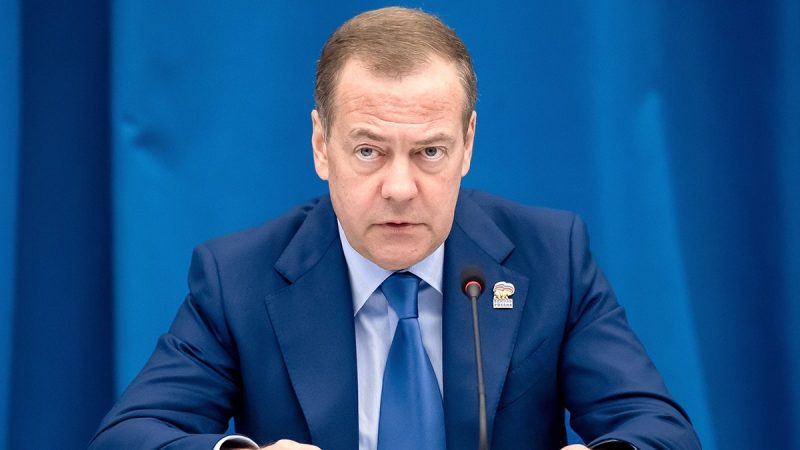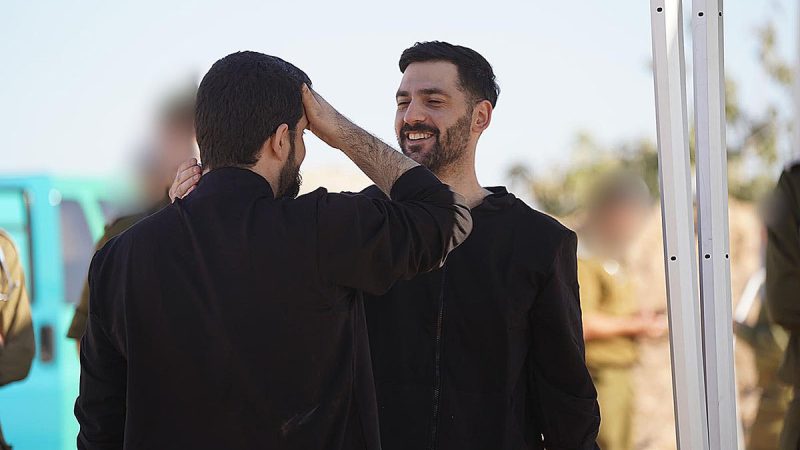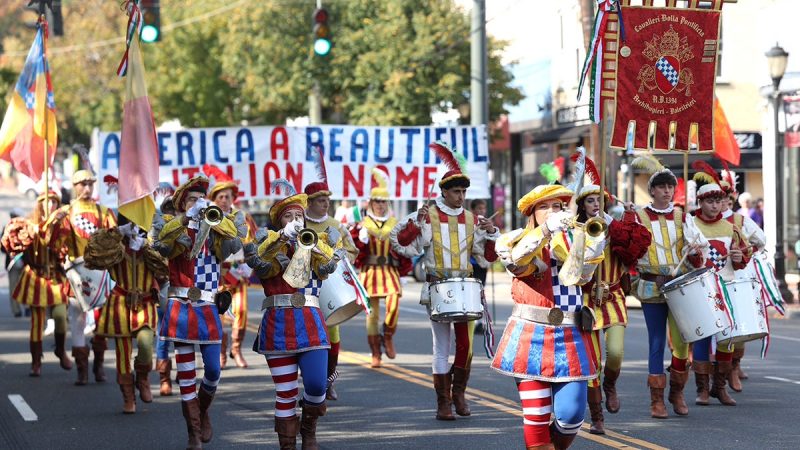Monday marks the 100th anniversary of Margaret Thatcher’s birth – an occasion that brings together leaders and supporters from across the Atlantic to pay tribute to her life.
We at the Ronald Reagan Presidential Foundation & Institute are honored to participate in the celebration, an occasion that also invites us to reflect on her legacy and connection with Ronald Reagan in the context of our modern era. Namely, what made her partnership with President Reagan so effective, and what might it teach us today about how civility can shape world affairs?
Ronald Reagan and Margaret Thatcher’s effectiveness – both in dealings with each other and in other world leaders with whom they were less naturally aligned – depended on trust and civility. In today’s divided political world, their example is one we can all learn from.
When we think of the two leaders, we tend to picture strength: two leaders who stood firm against communism, championed free markets and restored confidence in the West. But President Reagan also believed that personal relationships were central to politics. In a 1989 letter in National Review, he crystallized that sentiment as follows: ‘personal relations matter more in international politics than the historians would have us believe.’
That was the core of his approach: even the hardest negotiations work best when leaders see each other as partners, not just opponents. It doesn’t mean that personal relationships supersede national interest – great leaders have to be unwavering at times – but it does mean that a key component of good diplomacy is the ability to remain civil and acknowledge others’ humanity, be they adversaries or allies.
Margaret Thatcher and Ronald Reagan’s leadership in Soviet Union dealings demonstrates this principle in action. For instance, when Mikhail Gorbachev emerged on the world stage, Thatcher chose to approach him as a person worthy of negotiation rather than a caricature of Soviet power. ‘We can do business together,’ she pragmatically asserted. And she was right. Though their visions for their country were vastly different, grounding Soviet negotiations in respect and practical assessment made diplomacy possible.
Importantly, President Reagan and Prime Minister Thatcher never abandoned principle for politeness. They were strong leaders, firm and uncompromising in their convictions. But civility gave them the leverage to achieve what force or rhetoric alone could not.
The INF Treaty, the fall of the Berlin Wall, and the eventual end of the Cold War all depended on this kind of disciplined, strategic civility. Leaders could disagree sharply and even spar aggressively, but they never allowed that disagreement to destroy trust or get in the way of progress.
Civility is not a moral high road, it’s a tool. It allowed these leaders to be candid with each other, trusting they would be received with understanding – and creating the strong foundation which underpinned the U.S. and U.K. alliance. Then as now, civility creates space for honest conversations. It allows important initiatives to move forward without unnecessary friction.
Today, that lesson is urgent. The United States and our democratic allies face pressure from resurgent authoritarian powers, global instability and domestic polarization. The instinct to respond with anger or mistrust is strong. But history shows that enduring security and progress come from discipline, mutual respect and the ability to maintain civility even under pressure.
And in times of global tension, reinforcing alliances matters more than ever. We saw this exemplified by President Donald Trump in his recent meeting with U.K. Prime Minister Keir Starmer, where he declared, ‘We have a relationship like no other… we will always be united.’ His statement embodies the Reagan-Thatcher alliance at its best. This disposition is a precursor to any constructive discussions about advancing security and stability, especially when it comes to complex issues such as these.
President Reagan and Prime Minister Thatcher remind us that civility is not deference; rather, it is a practical strategy for getting things done. As we remember Margaret Thatcher on her 100th birthday, we should also remember the example she set. Civility enabled both leaders to be effective and, ultimately, to shape history. In a world full of uncertainty and division, their legacy remains as essential now as it was then.



